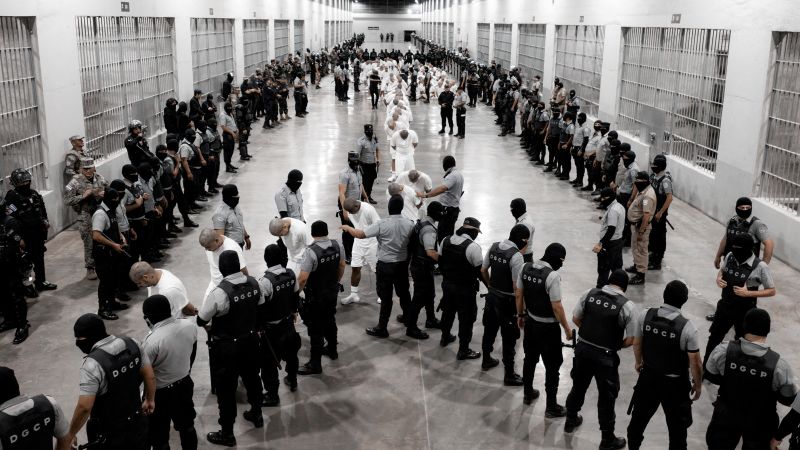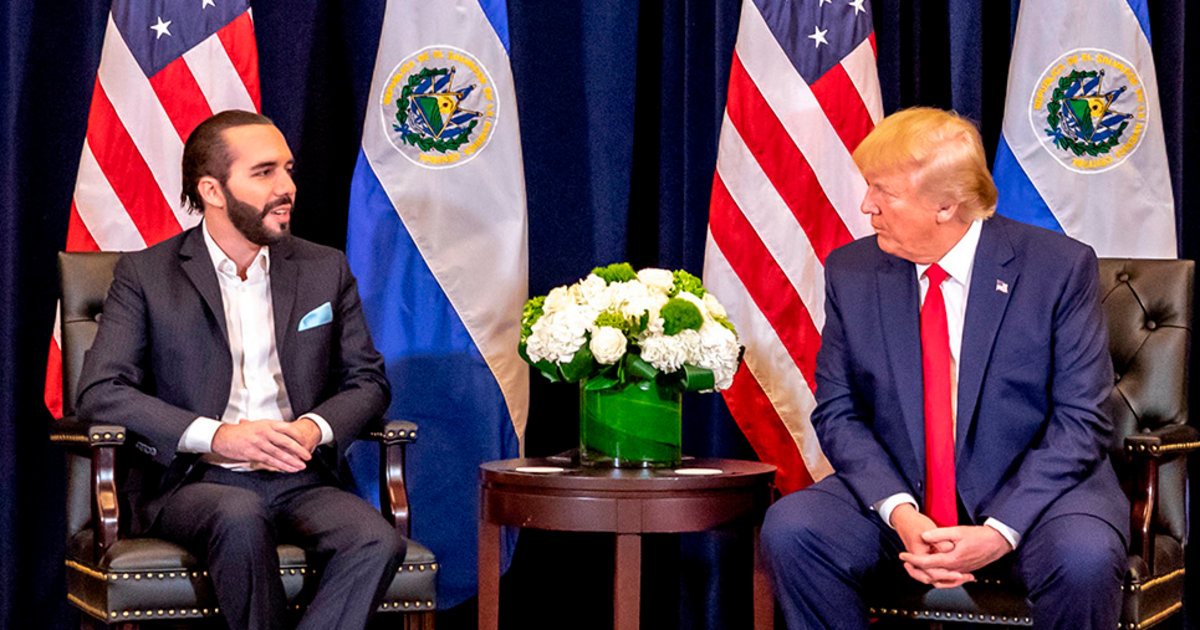El Salvador and US Deportations Spark Debate Over Human Rights and Due Process
El Salvador collaborates with the US in deporting gang members, raising concerns about civil rights and due process for wrongfully deported individuals.
Subscribe to unlock this story
We really don't like cutting you off, but you've reached your monthly limit. At just $5/month, subscriptions are how we keep this project going. Start your free 7-day trial today!
Get StartedHave an account? Sign in
Overview
El Salvador’s government cooperates with the US in deporting alleged gang members, but the case of Kilmar Abrego Garcia highlights serious due process concerns. His forced deportation and detention in a notorious prison, despite claims of innocence and administrative error, calls into question the transparency of the Salvadoran system. Congressional representatives express interest in inspecting the prison conditions as human rights groups voice concerns over abuses. The Trump administration's policies have intensified scrutiny on human rights practices in El Salvador, while the newly adjusted travel advisory raises further questions about safety and civil liberties in the region.
Report issue

Read both sides in 5 minutes each day
Analysis
- Latino House Democrats are advocating for a visit to El Salvador's CECOT prison to check on the condition of Kilmar Abrego Garcia, who was mistakenly deported by the Trump administration and is currently held there.
- There are growing concerns about the harsh conditions and human rights violations in CECOT, with some Democratic representatives likening it to a 'gulag.'
- The Trump administration has been criticized for its deportation policies, including sending migrants to El Salvador without substantial evidence of their alleged gang ties.
Articles (3)
Center (1)
FAQ
The U.S. used the Alien Enemies Act of 1798 to deport the Venezuelan men. The Supreme Court has allowed its use while emphasizing the need for due process, but critics argue that the law's application raises constitutional concerns and poses challenges for those deported to challenge their removal.
Human rights groups are concerned about abuses and the harsh conditions in El Salvador's prisons. Many deported individuals, reportedly without gang ties, are held incommunicado with limited access to lawyers and family.
Kilmar Abrego Garcia's case highlights issues with due process because he was wrongfully deported to El Salvador despite previous protection from such deportation. His deportation was an admitted administrative error, showing potential flaws in the system that disregard established legal protections.
Congressional representatives have shown interest in inspecting prison conditions in El Salvador. This reflects growing concern over human rights and due process issues related to these deportations[3].
History
- This story does not have any previous versions.


